Doctor Who, the long-running British science fiction series, has captivated audiences since its inception in 1963. Its unique storytelling format, revolving around the enigmatic Time Lord known as the Doctor and their companions, has provided a rich tapestry of adventures through space and time. While the Doctor is undoubtedly the central figure, companions have played a crucial role in shaping the narrative and engaging the audience. This blog post delves into the significant impact of companions on Doctor Who, analyzing their contributions to character development, diversity, and the show’s legacy.
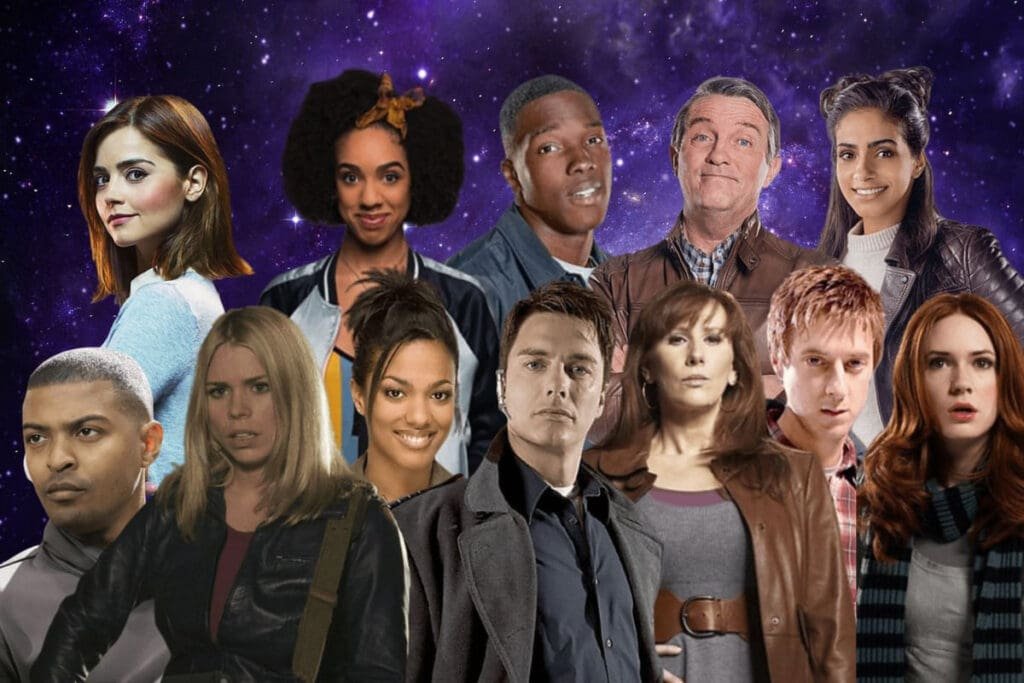
The Role of Companions in Doctor Who
Companions in Doctor Who serve multiple roles, evolving from mere audience surrogates to integral characters with their own arcs. Initially, companions were designed to ask the questions viewers at home might have, providing the Doctor with an opportunity to explain complex sci-fi concepts. Over time, however, they have become much more. Companions drive the Doctor’s character development, offering emotional depth, moral guidance, and various perspectives that enrich the show’s themes. Their relationships with the Doctor often reflect broader societal issues, making them vital to the series’ narrative fabric.
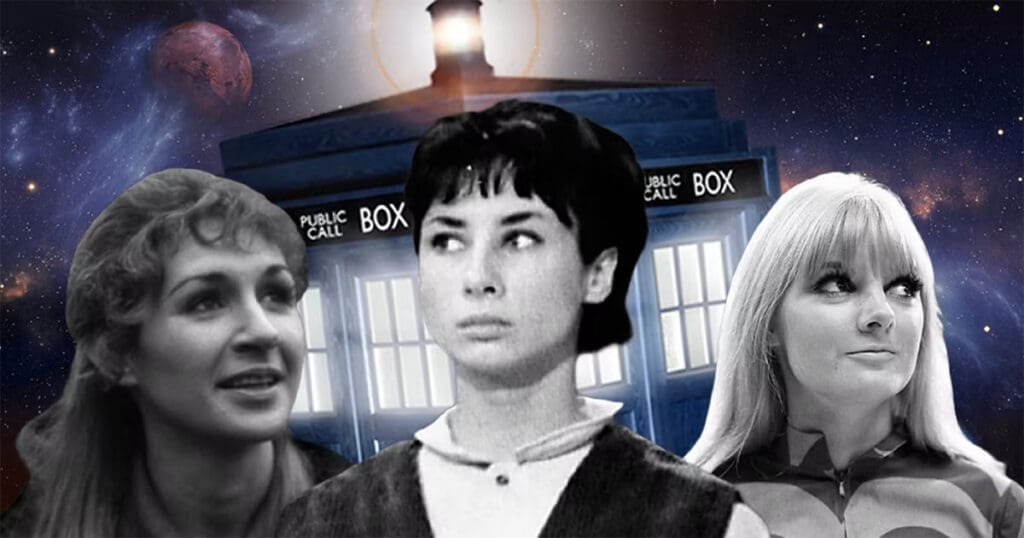
Companions Through the Ages
Classic Series Companions
In the classic series, companions like Sarah Jane Smith and Leela left indelible marks on the show. Sarah Jane, played by Elisabeth Sladen, was a pioneering character who combined intelligence, bravery, and compassion, setting a high standard for future companions. Leela, portrayed by Louise Jameson, broke the mold as a warrior from a primitive society, bringing a unique dynamic to the TARDIS crew.
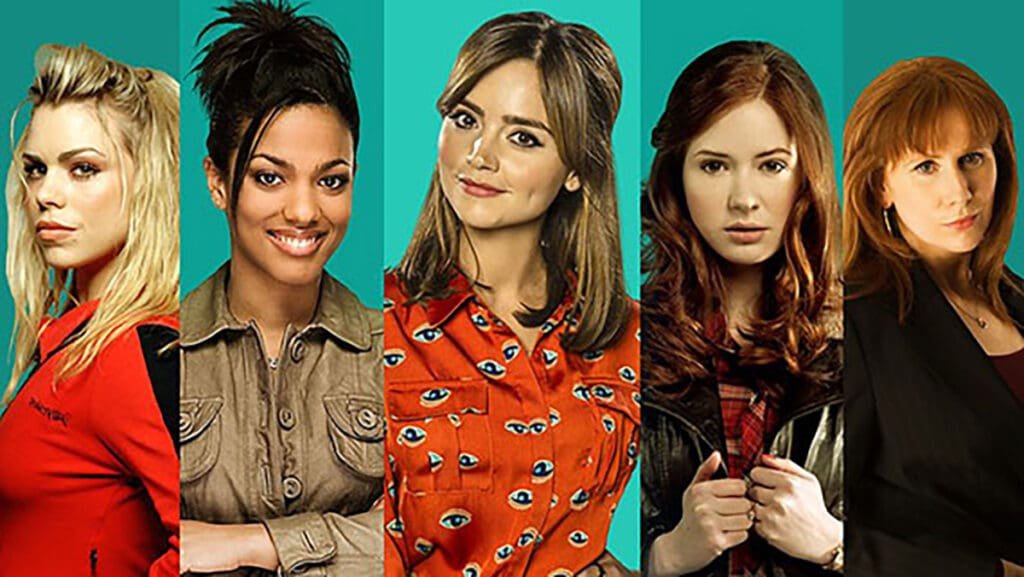
Modern Era Companions
The 2005 revival of Doctor Who introduced a new generation of companions who reinvigorated the series. Rose Tyler, played by Billie Piper, brought a contemporary, relatable perspective, grounding the fantastical elements of the show. Martha Jones (Freema Agyeman) and Donna Noble (Catherine Tate) followed, each contributing uniquely to the Doctor’s journey. Martha’s unrequited love for the Doctor and Donna’s transformation from a temp worker to a heroine showcased the series’ ability to explore deep emotional and personal growth.
Diversity and Inclusivity
Doctor Who has progressively embraced diversity and inclusivity through its companions. Characters like Bill Potts (Pearl Mackie), the first openly gay companion in the modern era, and Ryan Sinclair (Tosin Cole), who has dyspraxia, represent strides towards realistic, inclusive storytelling. These characters reflect a broader range of backgrounds and experiences, resonating with a more diverse audience and enriching the show’s narrative complexity.

Fan-Favorite Companions
Certain companions have particularly resonated with fans, becoming iconic figures in the Doctor Who universe. Sarah Jane Smith, Rose Tyler, and Donna Noble are frequently cited as favorites due to their compelling story arcs and strong personalities. Their dynamics with the Doctor vary, from the familial bond between Sarah Jane and the Fourth Doctor to the deep emotional connection between Rose and the Tenth Doctor. These relationships highlight the companions’ unique contributions and their ability to leave lasting impressions on viewers.

The Companions’ Influence on the Doctor Who Community
Companions significantly influence fan discussions and the overall perception of Doctor Who. Controversies, such as the polarized reception of Clara Oswald (Jenna Coleman), demonstrate how passionately fans engage with these characters. Additionally, fan reactions have sometimes shaped the show’s direction, with positive feedback leading to extended storylines or spin-offs, such as “The Sarah Jane Adventures.” The show’s creators have shown a willingness to listen to the audience, making companions’ stories even more impactful.
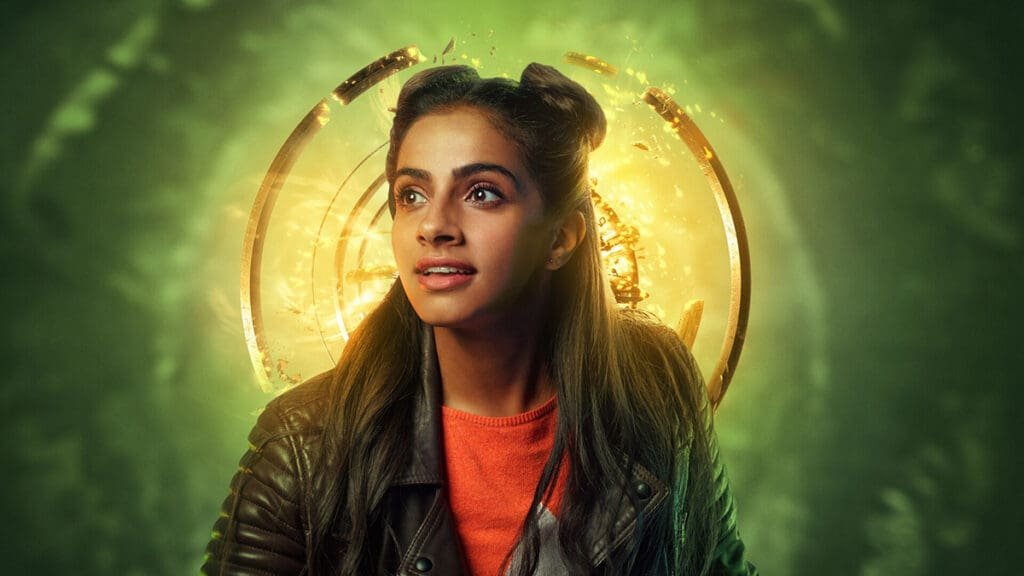
The Future of Companions in Doctor Who
The Doctor-companion relationship continues to evolve, promising exciting new dynamics and story possibilities. Recent companions like Yaz (Mandip Gill) offer fresh perspectives and complex backstories, hinting at deeper character explorations in future seasons. Speculation abounds about potential new companions, with fans eager to see how they will interact with the Doctor and contribute to the overarching narrative. As the series progresses, companions will likely remain central to its heart, driving emotional and thematic depth.
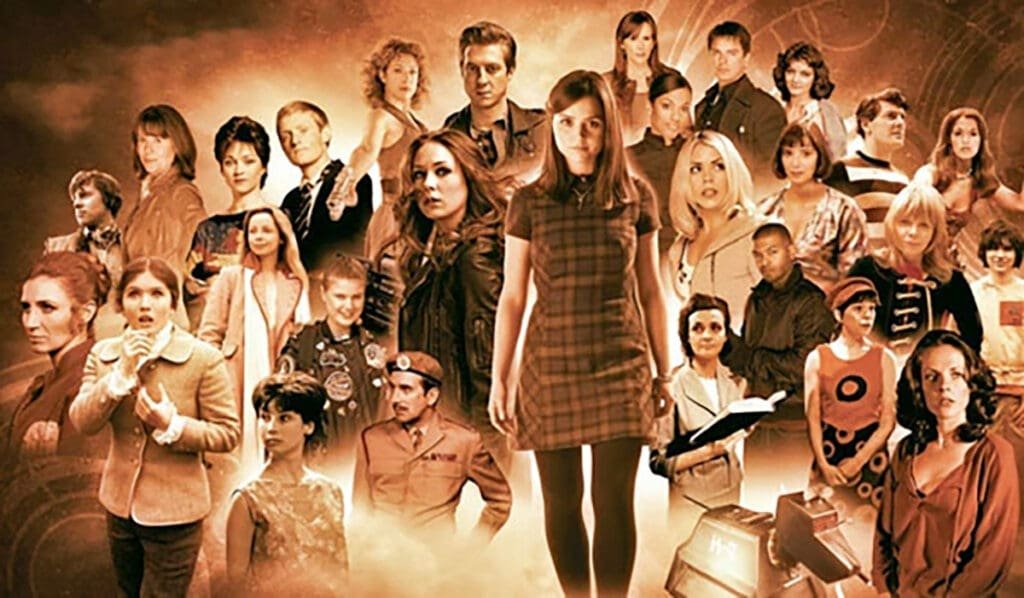
Companions have always been vital to Doctor Who, shaping its narrative, enriching the Doctor’s character, and resonating with fans across generations.
From the classic era’s Sarah Jane Smith to the modern era’s Yaz, these characters have left an indelible mark on the series. As we look to the future, the enduring importance of companions in Doctor Who is clear. They are not just sidekicks but essential elements that define the show’s essence. Share your thoughts and predictions for the future of companions in Doctor Who in the comments below—let’s continue the conversation about what makes this beloved series so special.
Can’t get enough of Doctor Who? Did you know we’re doing reaction videos to Season 14 while it airs?
Check us out on YouTube to get caught up on the latest season and hear our thoughts. Join the adventure and subscribe now!











